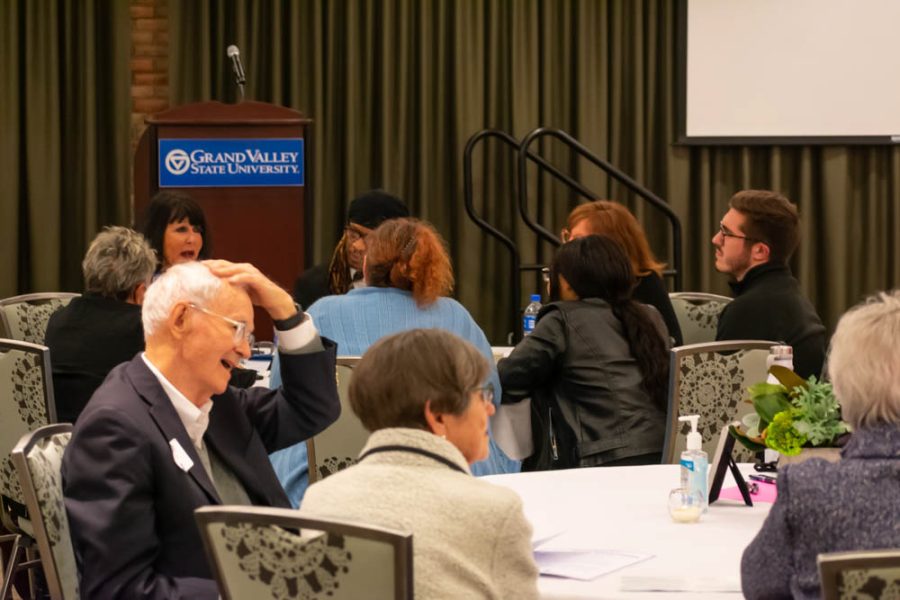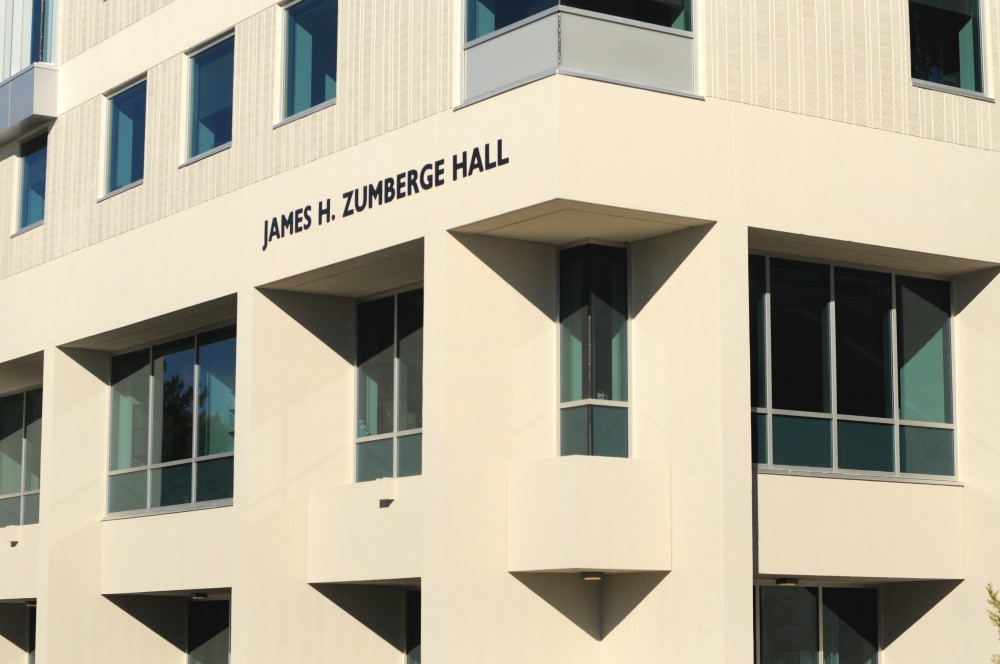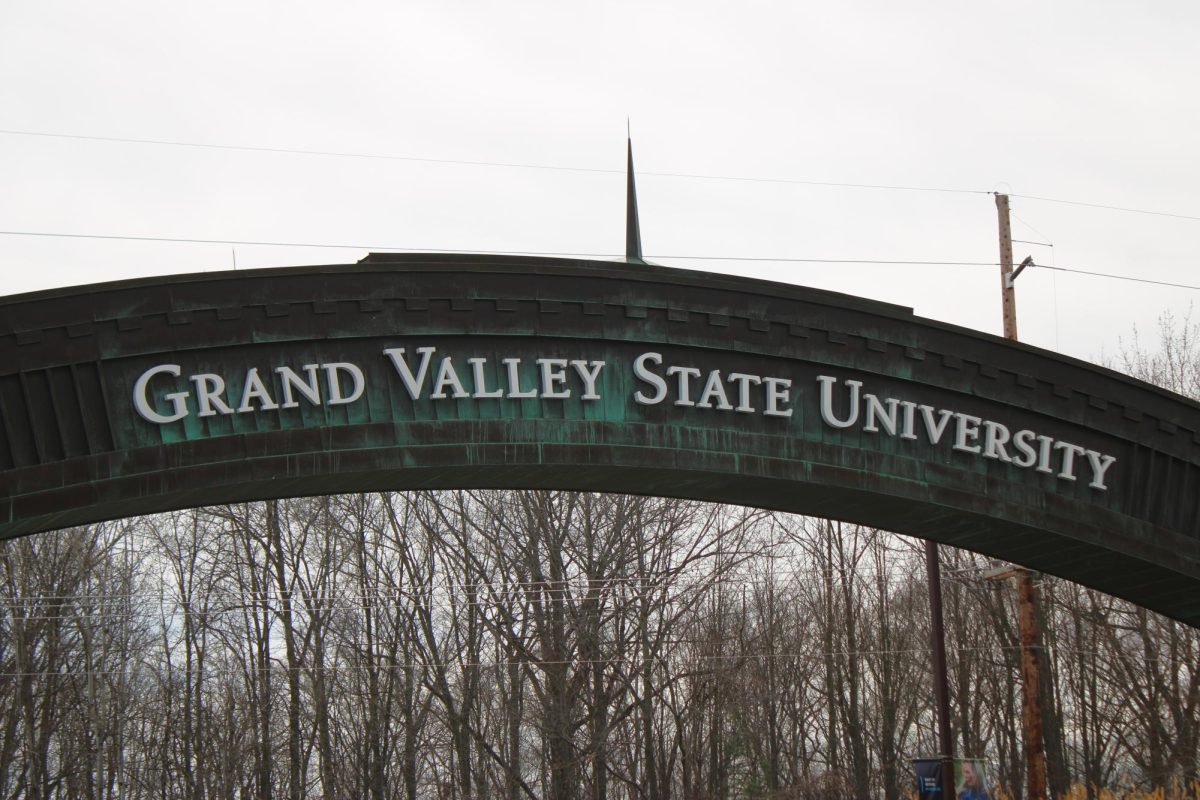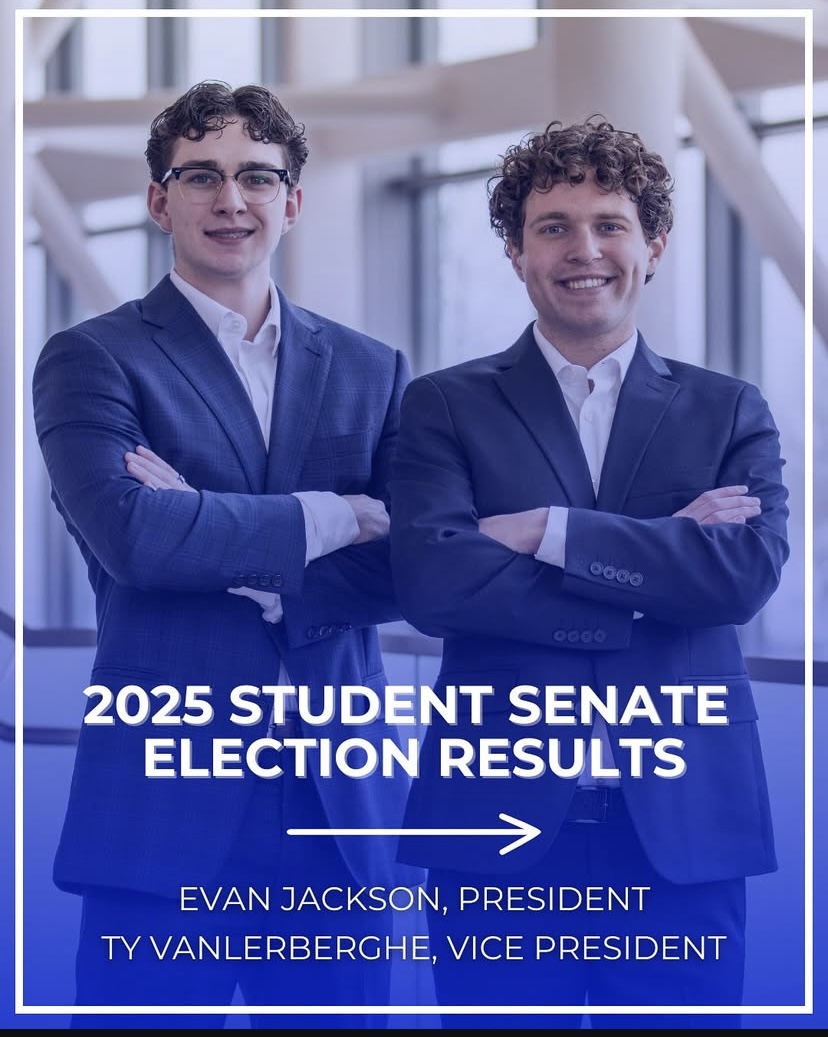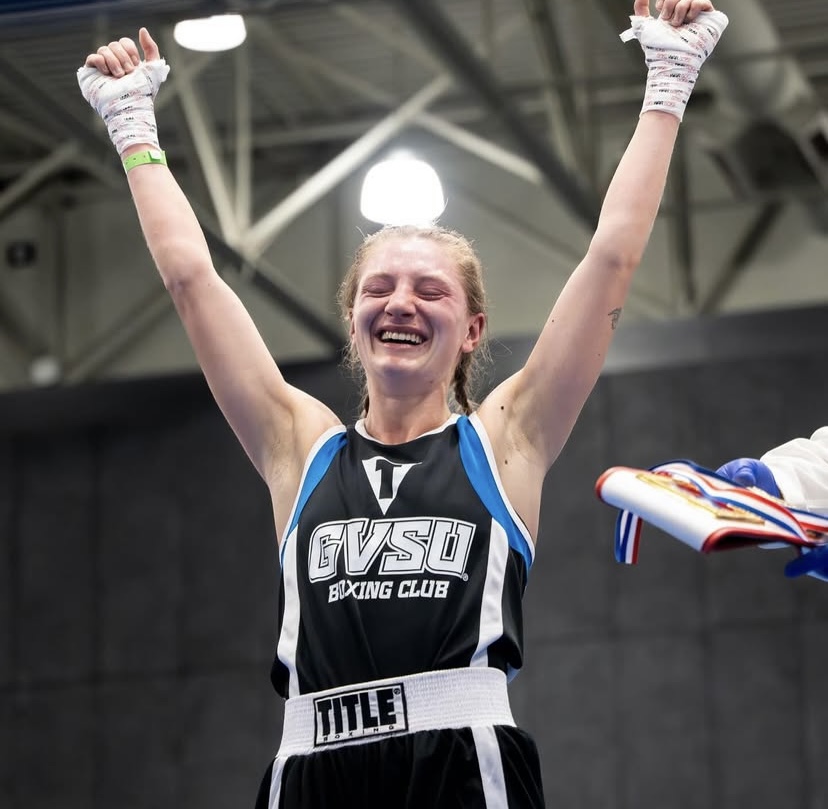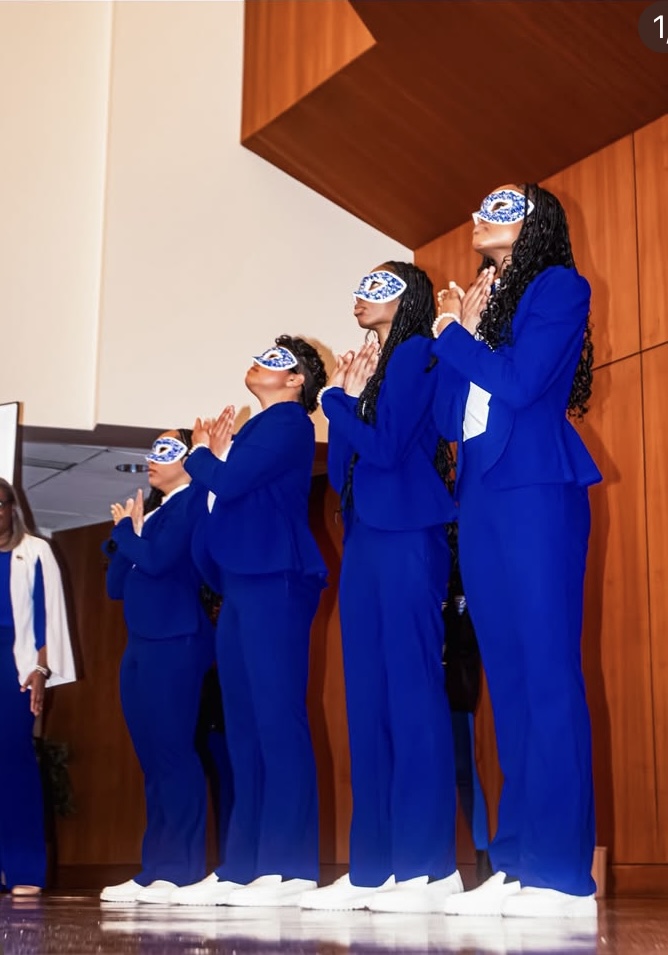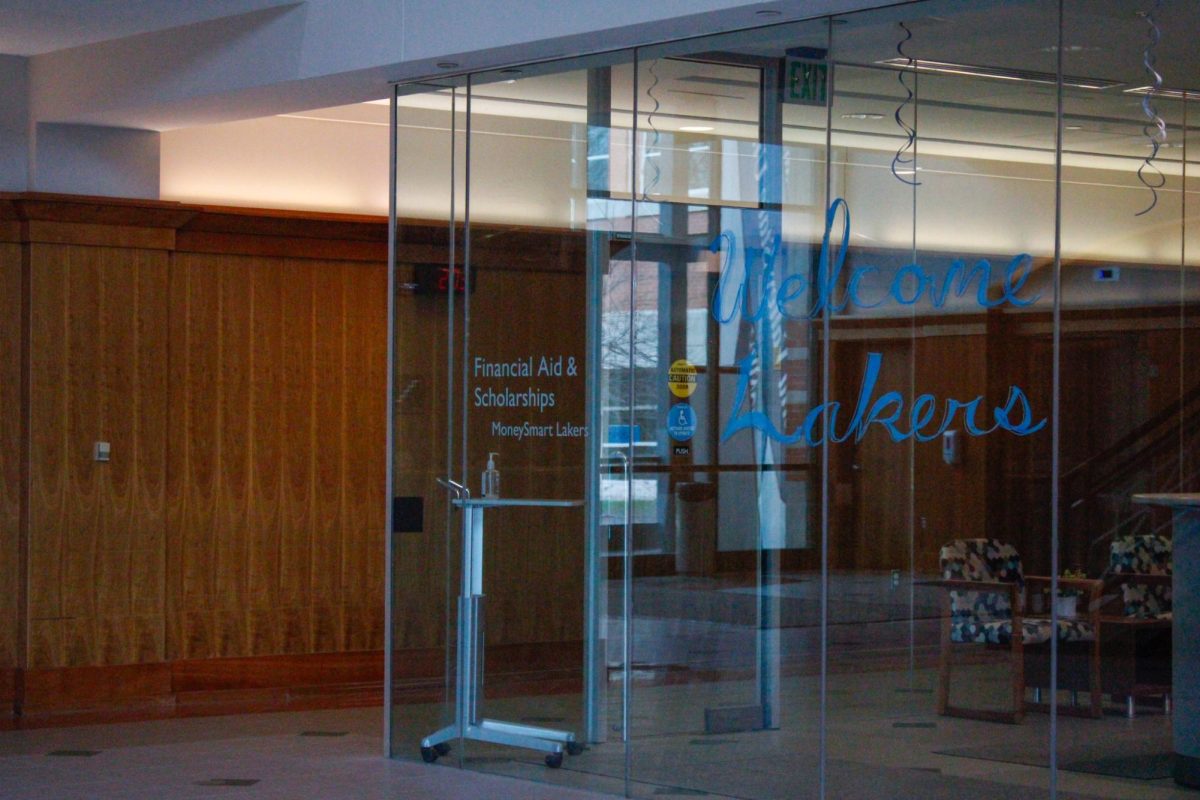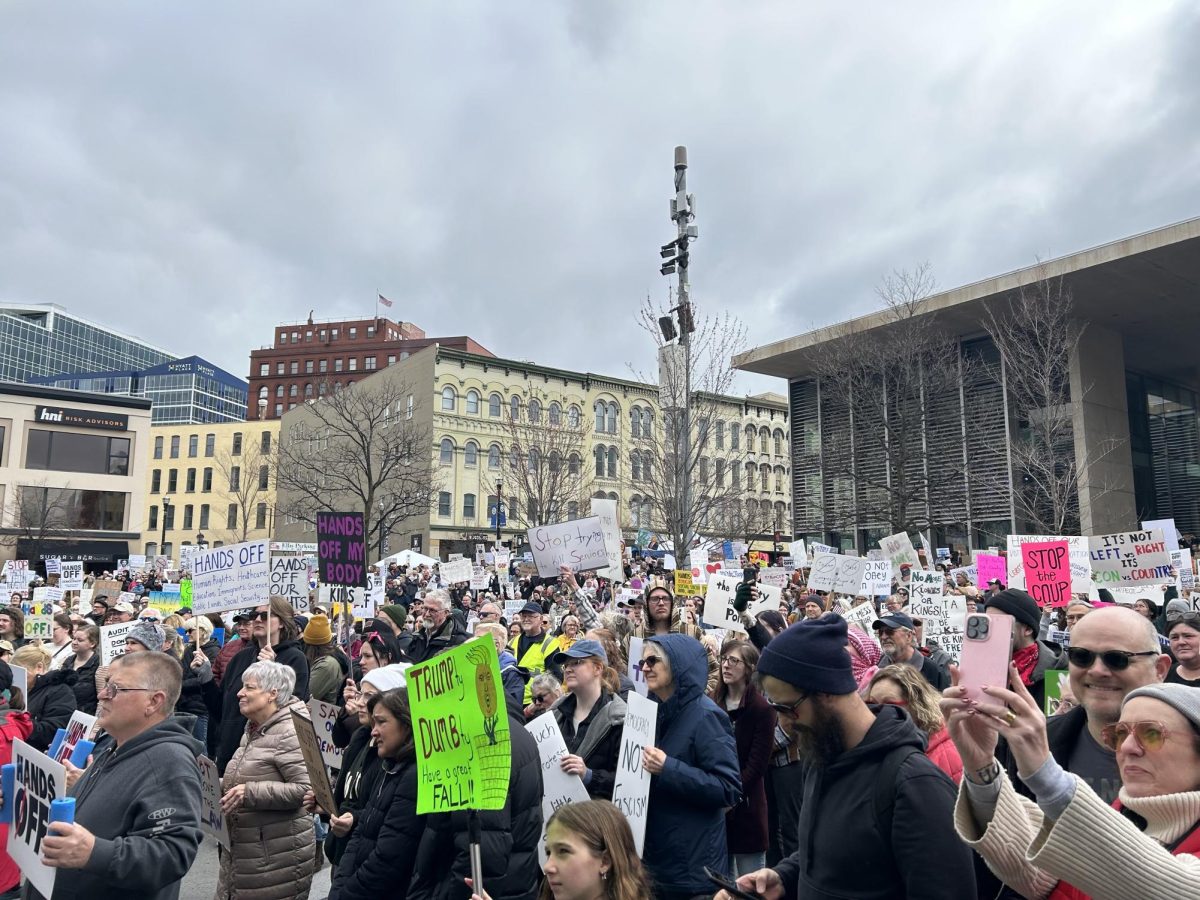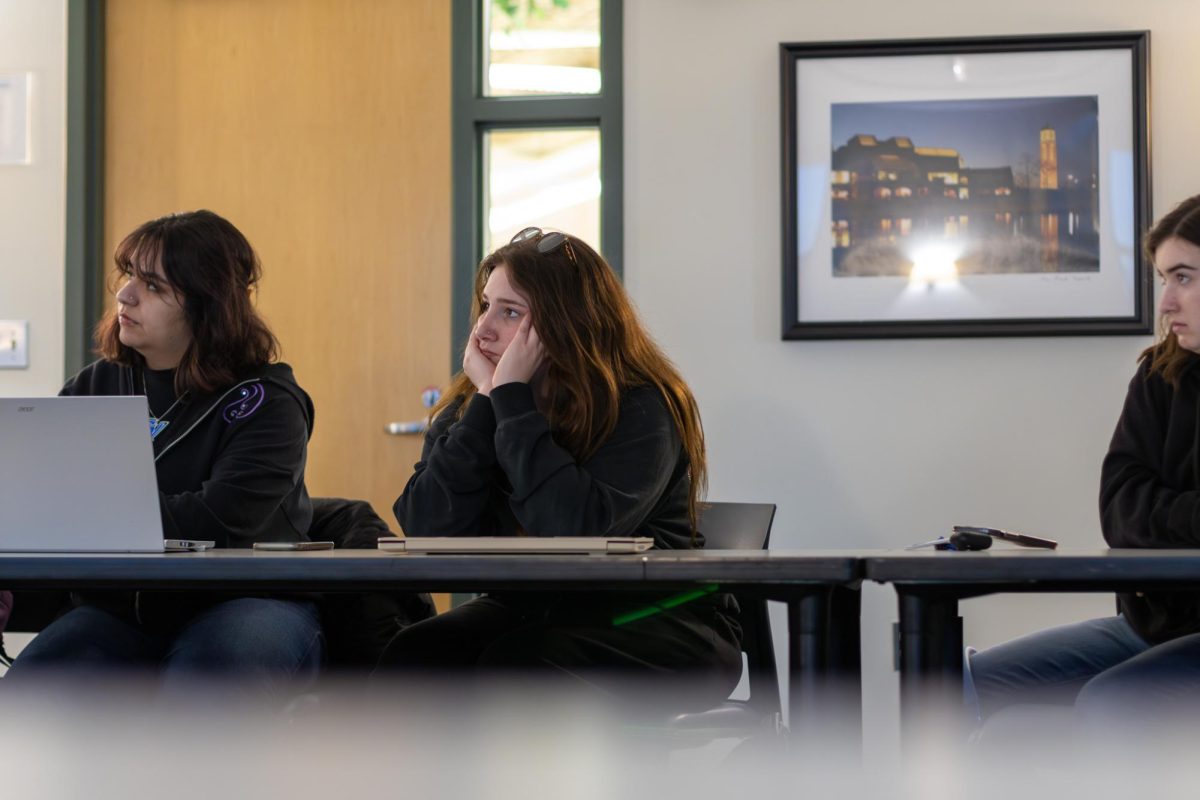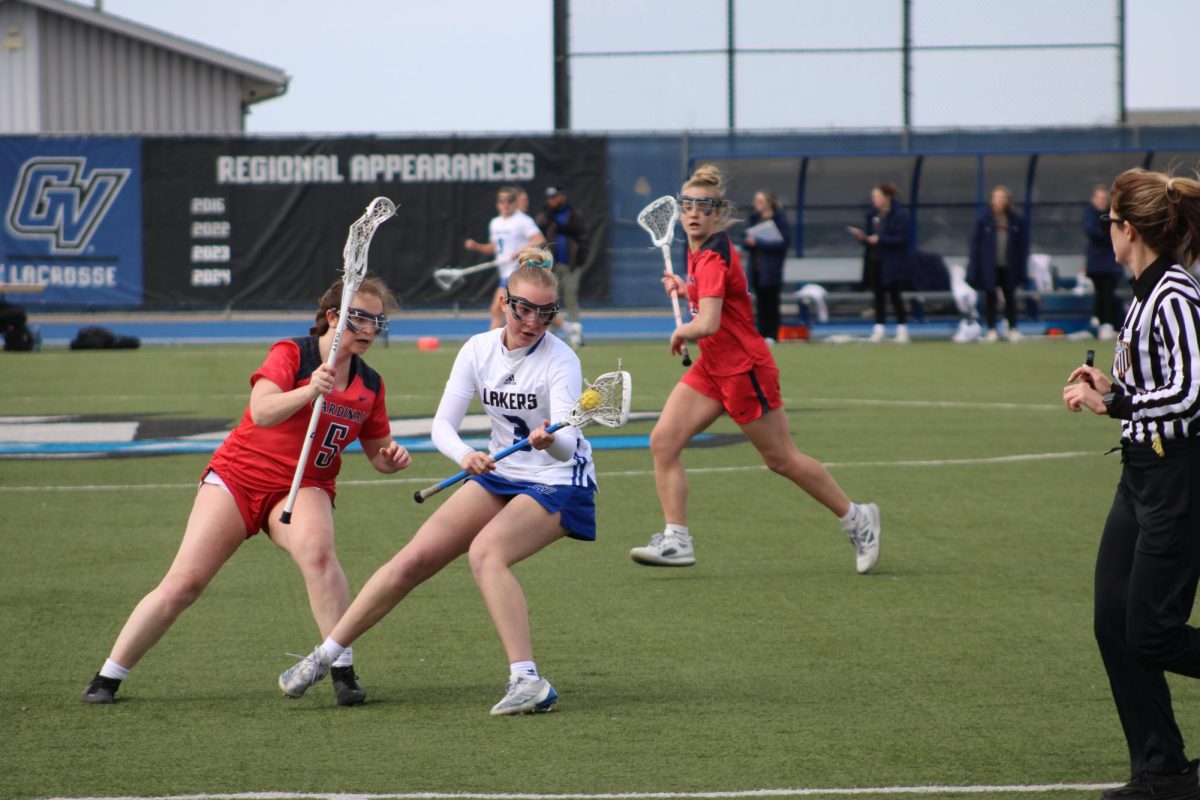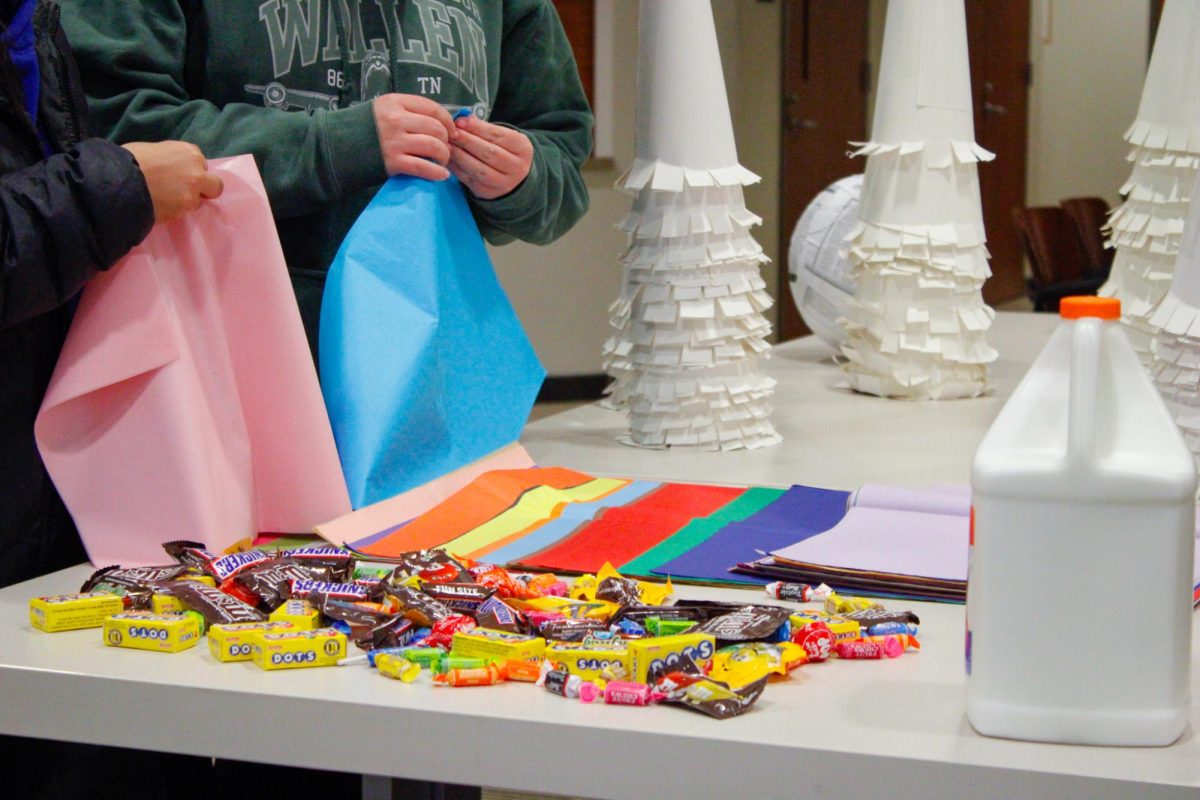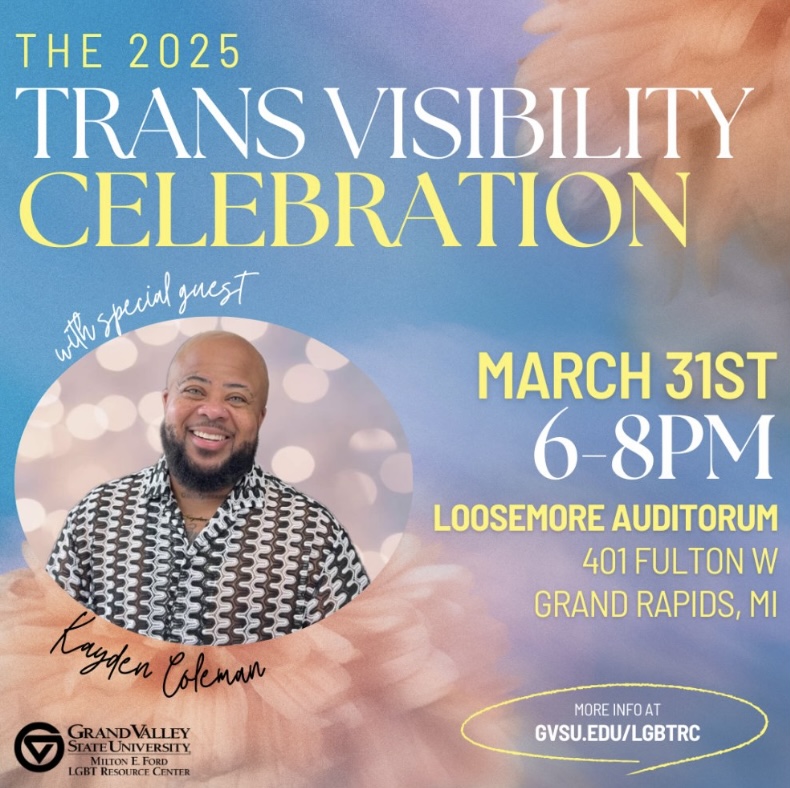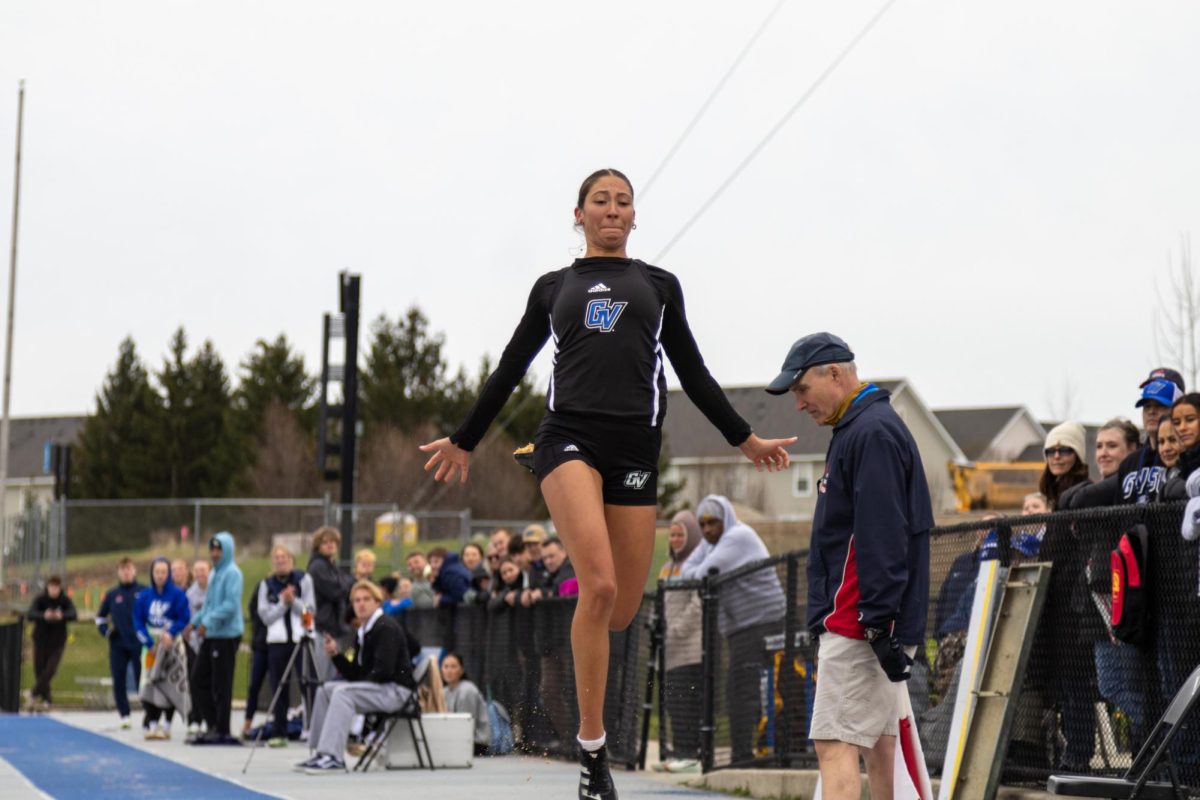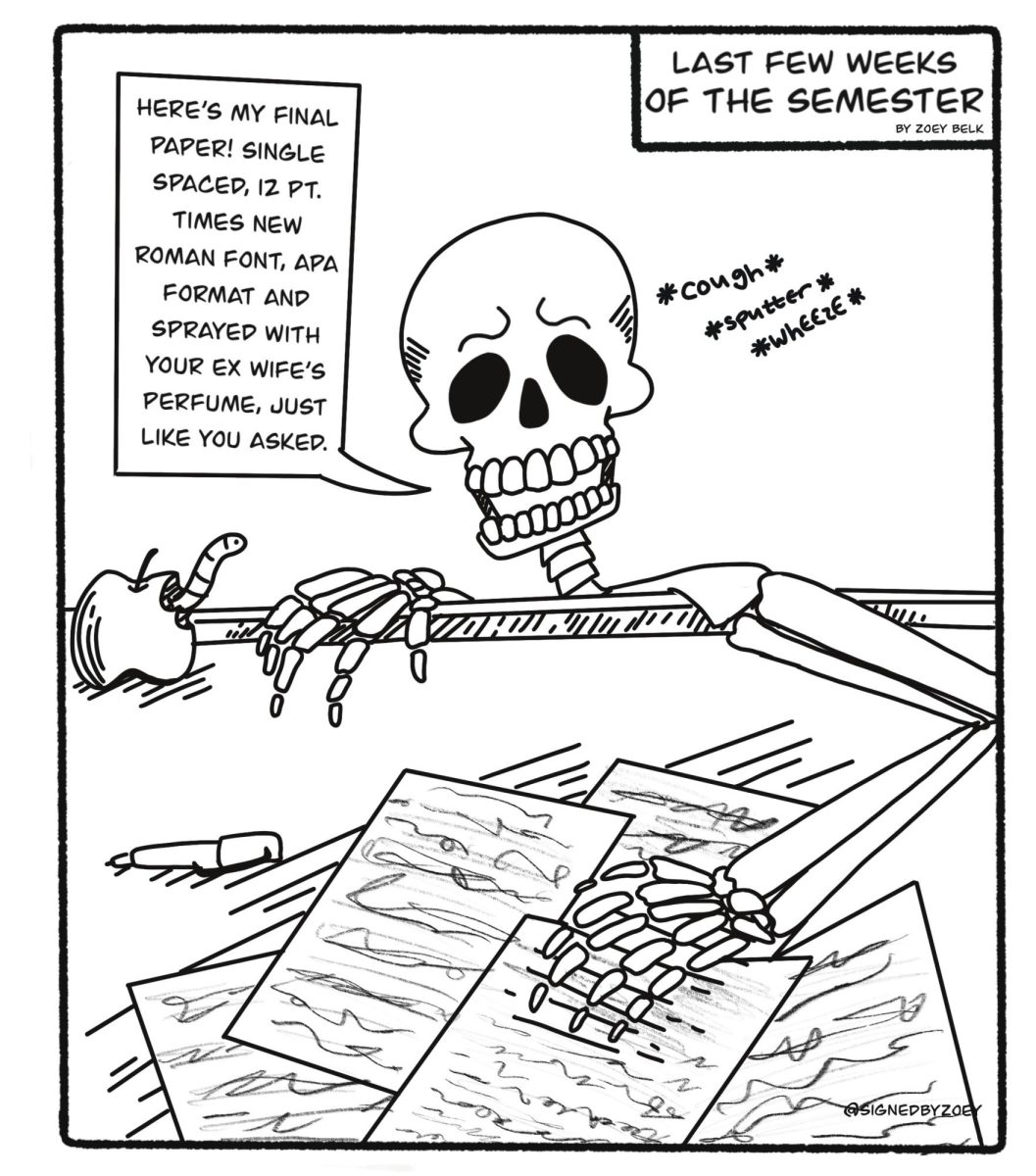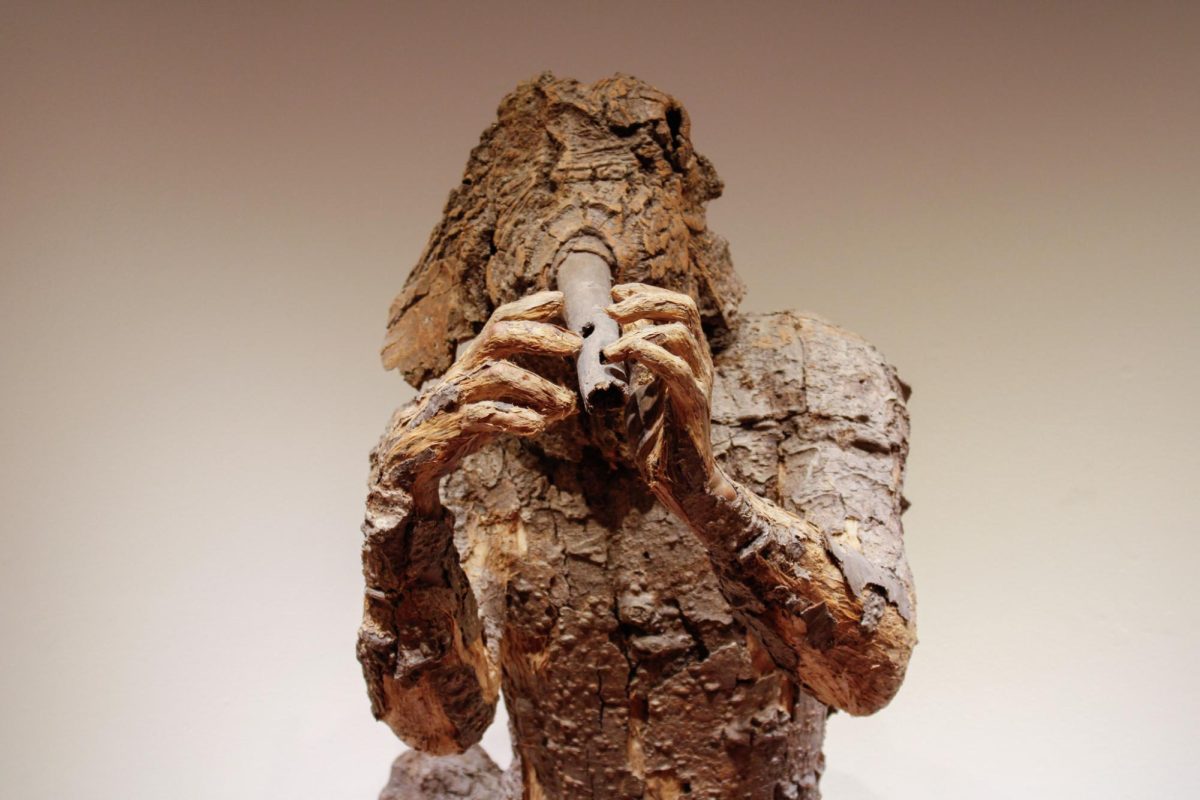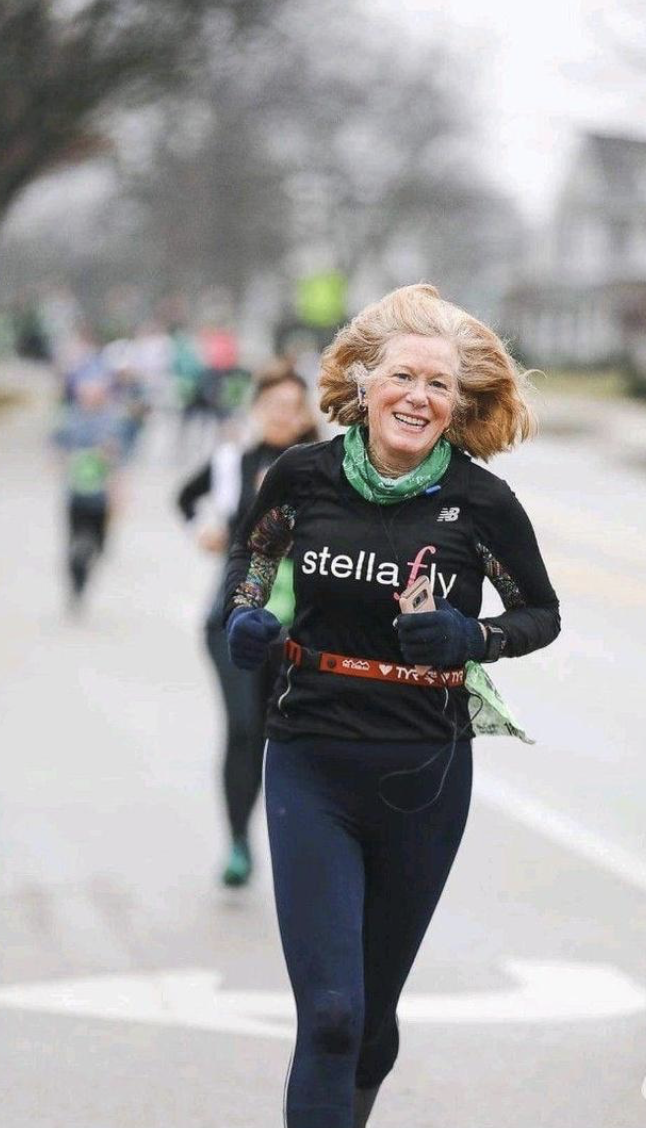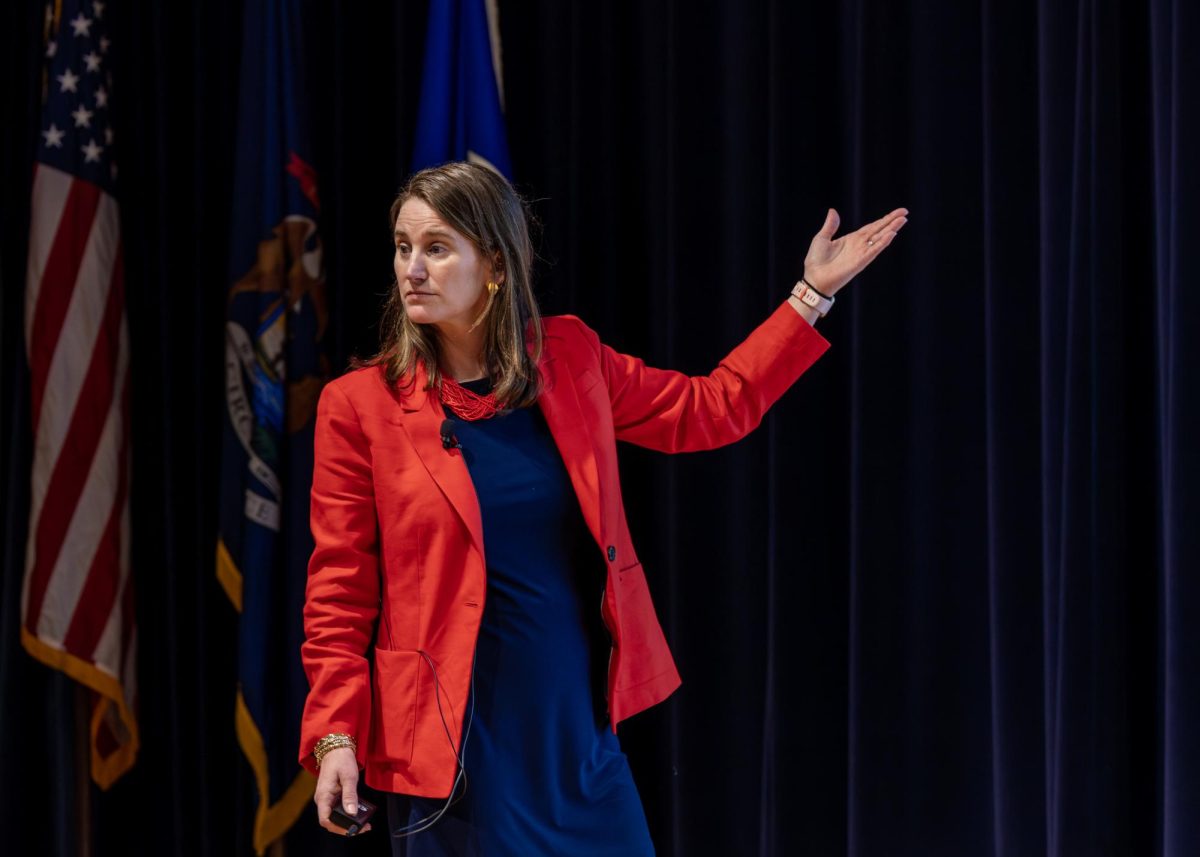GVSU hosts Civil Discourse Symposium on bridging divides with radical empathy
Mar 28, 2022
Grand Valley State University’s Padnos/Sarosik Center for Civil Discourse held its first hybrid Civil Discourse Symposium since 2019: “Bridging Divides: Encouraging Dialogue with Radical Empathy.” The symposium, usually held every fall, was pushed back to March 24 this year due to COVID-19 and was open for all students, faculty, staff and the general public.
Current GVSU professor, Jeff Kelly Lowenstein, was tasked with developing the framework for the past two years’ symposia with the help of Center for Civil Discourse Director Lisa Perhamus.
Lowenstein invited former classmate and fellow Stanford University graduate Terri Givens, whose experiences at Stanford inspired the symposium’s theme of racial inequality and led her to develop a set of steps that could be followed to talk about the issue effectively. These six steps are outlined in her book “Radical Empathy: Finding a Path to Bridging Racial Divides,” which she presented at the symposium.
“I read the book and was moved by how Dr. Givens was sharing experiences while she and I were both at Stanford at the very same time and how different those experiences were,” Kelly Lowenstein said.
Kelly Lowenstein later explained the differences in treatment between Stanford’s white and Black student population that he had no knowledge of at the time of their occurrences. As a Black woman, Givens was posed between attending “regular” freshman orientation or attending an orientation specifically for Black students. This created an unnecessary conflict for Givens, who was forced to choose between the two orientations but didn’t want to.
With the rising tensions of political and social issues, there are limited numbers of spaces in which students, staff and faculty can converse about issues they are passionate about or want to know more about. In order to foster discourse at GVSU, Givens was invited to discuss her theory of radical empathy as a tool to facilitate conversation between people of all backgrounds and beliefs.
Givens explained to the crowd that being open to the experiences of others, specifically around race, is a way to make a meaningful difference in the world. That approach can also work on other concepts besides racial inequality. Givens added that creating this dialogue between people helps make a path to kickstart and create meaningful social change.
“We’re in a period, and have been for a while now, where we’re trying to figure out how to talk with each other about hard issues in general,” Kelly Lowenstein said. “Very specifically, since the murder of George Floyd, there has been a lot of reckoning around race.”
Radical empathy is a concept that strongly encourages people to consider others’ points-of-view and feelings even if one’s perspectives and beliefs don’t coincide with the other person’s. This mindset serves as a bridge to create connections between racial divides and create conversations that will bring about positive and educational change.
About 200 members of the GVSU community were able to attend the symposium, with about half attending in-person and the other half attending virtually. Participants were encouraged to ask questions, create connections and converse in small groups about the topics that were explored during the symposium.
Perhamus, a professor at the College of Education and Community Innovation, observed the divides that are rampant in the country and the GVSU community. She noticed that students wanted a space to sit down and have a conversation, but that GVSU does not have that kind of space carved out and available for use. There’s not a lot of space for people to sit down and have civil and structured conversations with one another about important issues.
Although the Center has not had time to plan out what the next step is for civil discourse at GVSU, they recognize the need to continue this conversation on the campus. Perhamus emphasized the importance of finding ways to offer more opportunities to foster conversations between divided parties, a sentiment which Kelly Lowenstein echoed.
“We’re at a point in our state, our country and our world where it can be very difficult for people to talk with each other in a vigorous, respectful and candid way about complicated issues that people can have very different opinions about,” Kelly Lowenstein said. “I’m optimistic that we played one small part in helping our community move forwards in that challenging process.”




